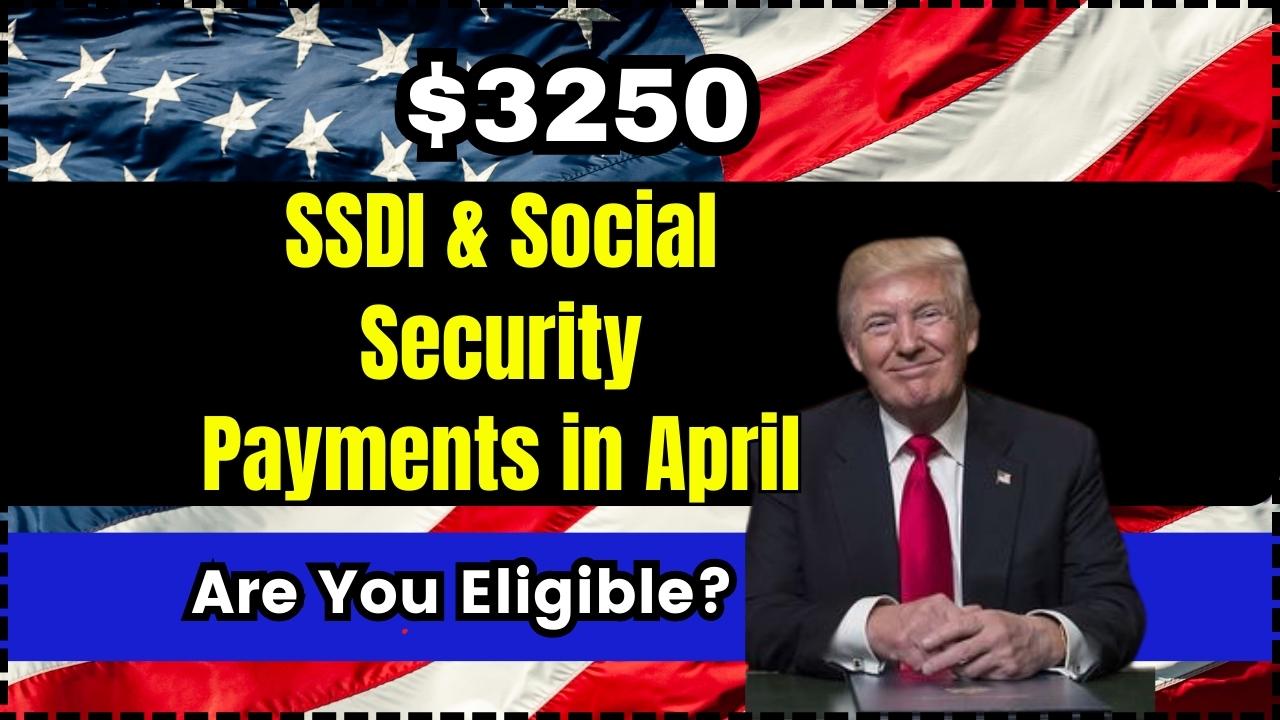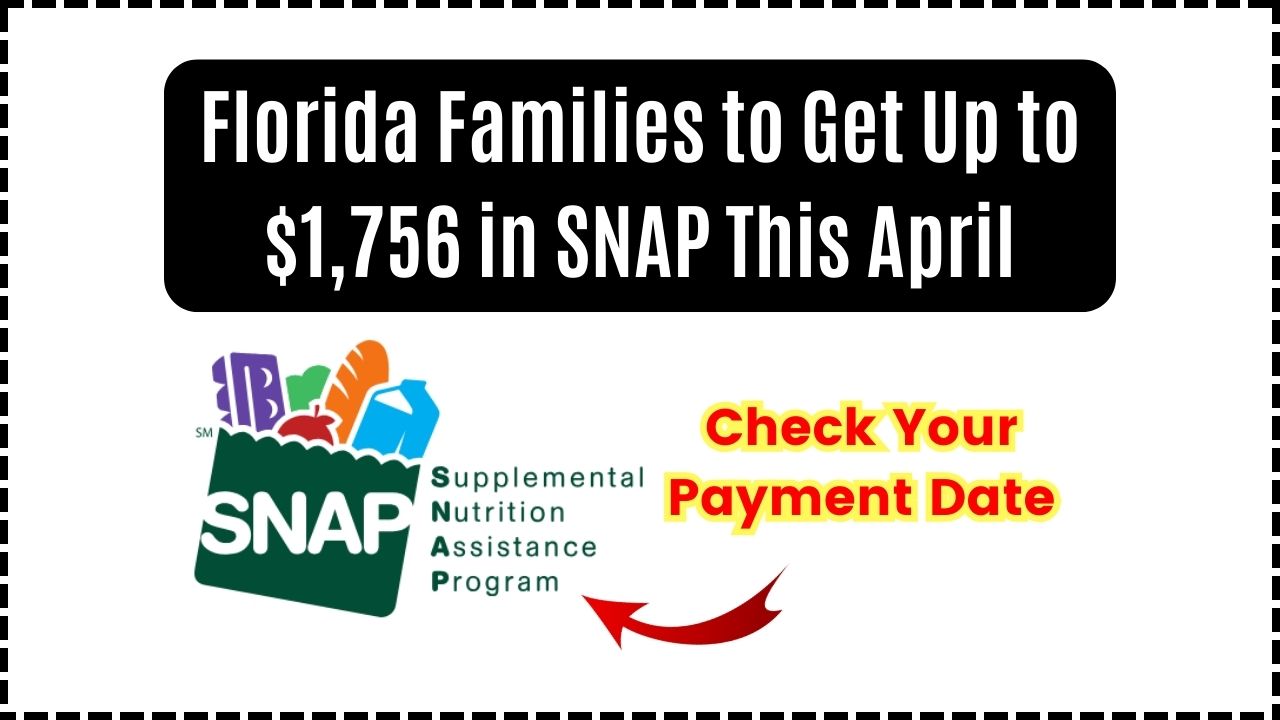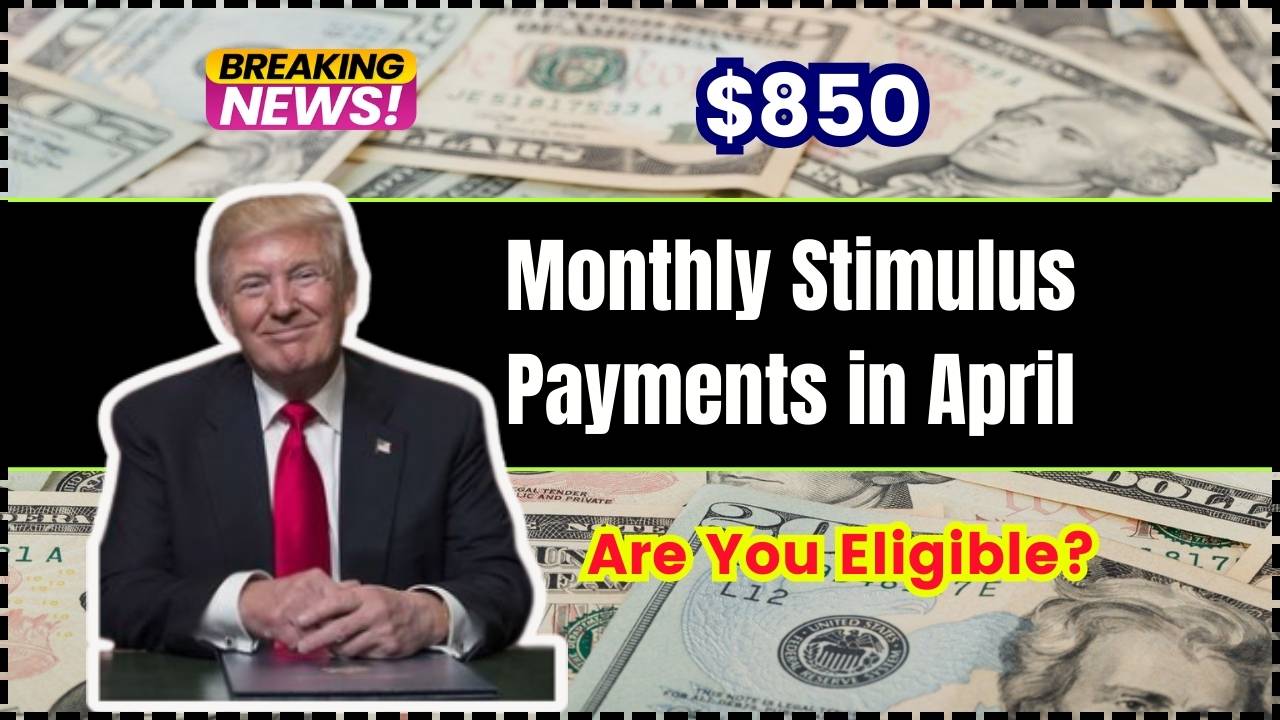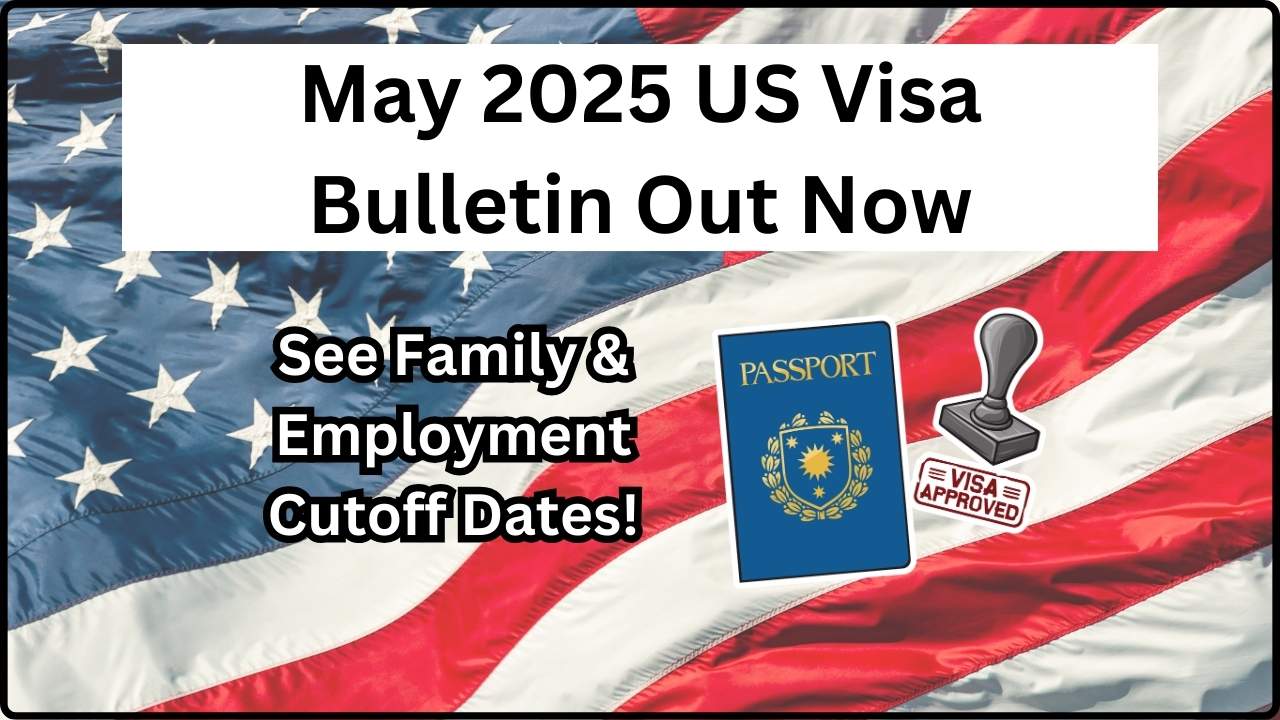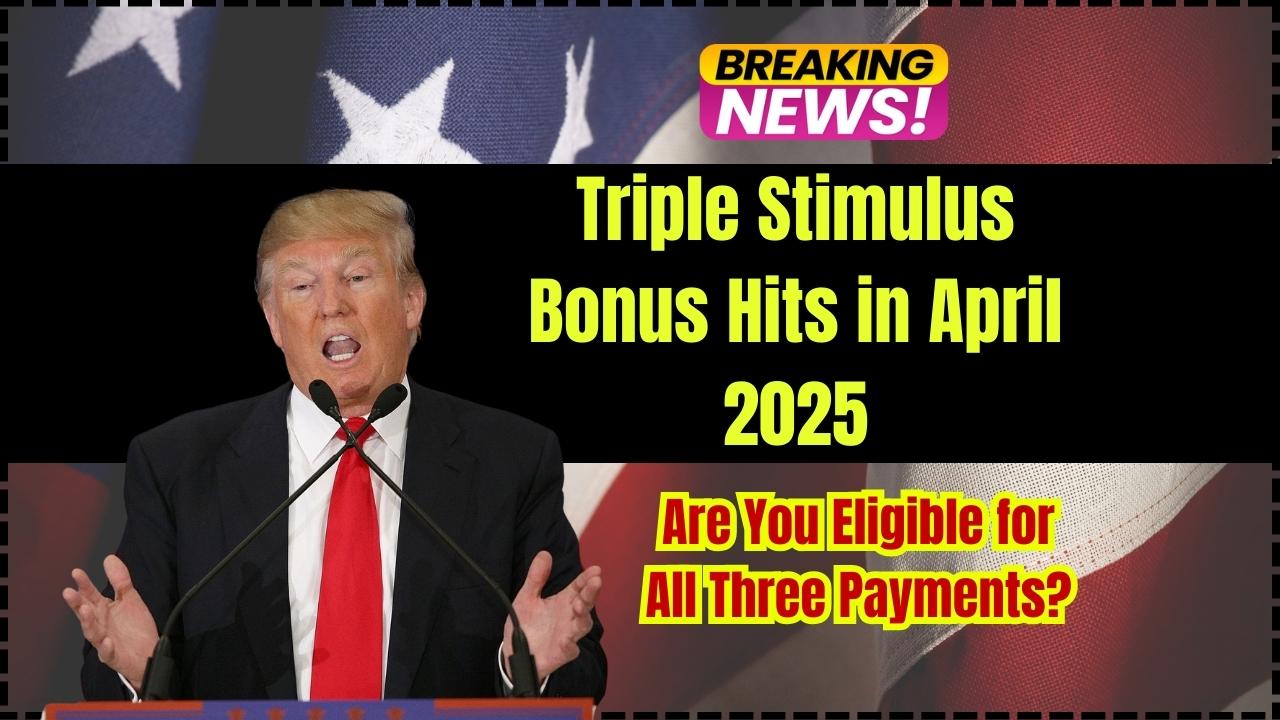$2,300 Golden Age Stimulus Confirmed for April 2025: In recent weeks, headlines and social media buzz have drawn public attention to a supposed $2,300 Golden Age Stimulus confirmed for April 2025. According to these viral claims, eligible seniors and Social Security beneficiaries will receive a one-time payment to offset rising costs due to inflation and economic uncertainty. However, there is currently no official confirmation from the U.S. government, IRS, or Social Security Administration (SSA) regarding such a payment. This article dives deep into the truth behind the headlines, eligibility details for real and available stimulus options, and how seniors and eligible individuals can still claim available relief.
$2,300 Golden Age Stimulus Confirmed for April 2025
While the internet is abuzz with talk of a $2,300 Golden Age Stimulus for April 2025, the reality is more complex. As of today, there is no verified government program offering this payment. Seniors and low-income Americans should remain cautious of misinformation and instead take advantage of the $1,400 Recovery Rebate Credit if they qualify. Time is running out—April 15, 2025, is the final day to claim real money that you may still be owed. Don’t miss your chance.
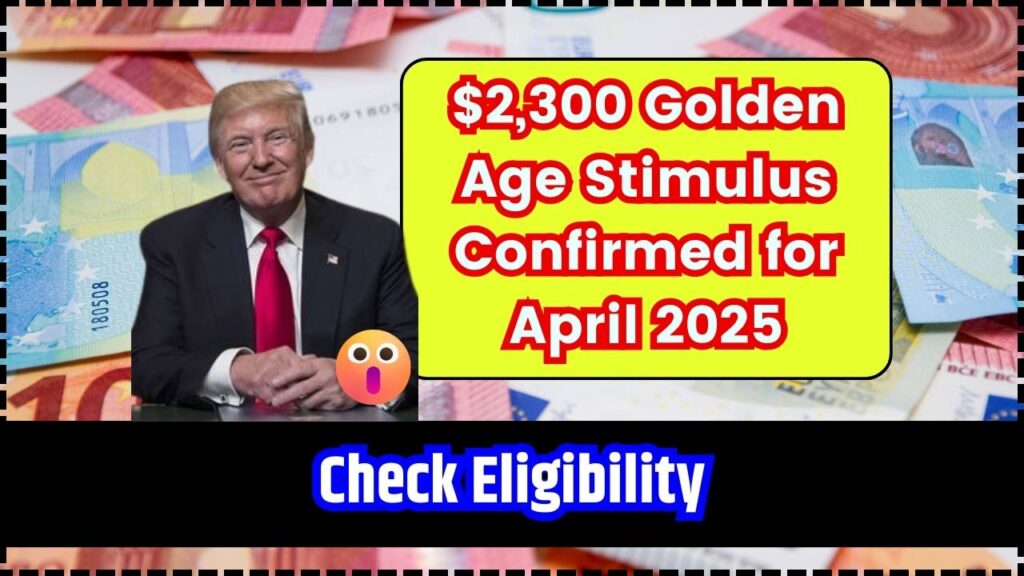
| Topic | Details |
|---|---|
| Stimulus Amount | $2,300 (rumored/unconfirmed) |
| Official Confirmation | No official confirmation from IRS or SSA |
| Eligible Groups (rumored) | Social Security, SSI, SSDI, VA recipients; individuals earning ≤ $75,000 |
| Speculative Payment Dates | April 9, 16, 23, 2025 (based on birthdates) |
| Real Stimulus to Claim | $1,400 Recovery Rebate Credit (available until April 15, 2025) |
| Where to File | IRS official site |
| Deadline | April 15, 2025 (to claim Recovery Rebate Credit for 2021) |
What Is the $2,300 Golden Age Stimulus?
The so-called $2,300 Golden Age Stimulus is widely being shared online, especially in social media videos and unofficial blogs. It is claimed to be a one-time stimulus specifically for seniors and other low-income Americans receiving Social Security benefits.
But here’s the truth: No official source, including the IRS, SSA, or the U.S. Treasury Department, has announced or verified such a stimulus package. As of April 2025, this appears to be a rumor or misinformation not backed by any legislation or press release.
Where the Confusion Comes From?
This confusion likely stems from several overlapping financial updates, including:
- Continued inflation pressures in 2024 and 2025
- Political discussions about Social Security expansion
- The recent $1,400 Recovery Rebate Credit deadline, which has a real April 15, 2025 cutoff date
Unfortunately, misinformation often spreads faster than verified data. Seniors should be cautious and avoid sharing personal information on websites or videos promising guaranteed stimulus checks.
Are There Any Real $2,300 Golden Age Stimulus Confirmed for April 2025 You Can Still Get?
Yes! While the $2,300 stimulus is not confirmed, there is one real opportunity available:
$1,400 Recovery Rebate Credit (Deadline: April 15, 2025)
If you missed the third round of Economic Impact Payments (EIP3) back in 2021, you may still be eligible to receive it by claiming the Recovery Rebate Credit on your 2021 federal tax return.
Who Is Eligible?
- Individuals with incomes up to $75,000 (single filers)
- Married couples earning up to $150,000
- Head-of-household filers earning up to $112,500
- Must not have already received the third stimulus payment in 2021
How to Claim the $1,400 Credit
- Locate your 2021 tax documents (or create them if you haven’t filed).
- File your 2021 tax return, including IRS Form 1040.
- Claim the Recovery Rebate Credit in the appropriate section.
- Submit your return by April 15, 2025 – either online or by mail.
Speculative Payment Dates – Why They’re Not Reliable
Some sources mention that checks will be sent in waves based on beneficiaries’ birth dates:
- April 9, 2025: Birth dates 1–10
- April 16, 2025: Birth dates 11–20
- April 23, 2025: Birth dates 21–31
These dates appear in unverified reports and have no basis in official government communication. Until or unless legislation is passed, no payment schedule is official.
How This Compares to Past Stimulus Checks?
To better understand the current situation, it’s helpful to compare with past stimulus efforts:
| Stimulus Round | Amount | Year | Confirmed? | Official Source |
|---|---|---|---|---|
| CARES Act (EIP1) | $1,200 | 2020 | Yes | IRS |
| Consolidated Appropriations Act (EIP2) | $600 | 2020 | Yes | IRS |
| American Rescue Plan (EIP3) | $1,400 | 2021 | Yes | IRS |
| Golden Age Stimulus | $2,300 (rumored) | 2025 | No | Not confirmed |
What Experts Are Saying?
Michael Hiltzik, Pulitzer Prize-winning economic columnist for The Los Angeles Times, recently warned readers to be cautious of “phantom stimulus promises,” noting:
“Seniors, especially those relying on Social Security, should double-check claims through official channels. Unofficial rumors create false hope and, worse, phishing opportunities.”
Certified Public Accountant Sarah Jenkins adds:
“If you haven’t received your $1,400 Recovery Rebate from 2021, that’s real money you’re entitled to—but the clock is ticking. File by April 15, 2025, or lose the opportunity forever.”
New $500 Stimulus Payments Begin This April 2025 – Check Eligibility & Payment Date
Are You Losing $12,000 in 2025? Stimulus Amount Depends on this One Factor
$575 to $1,580 Social Security Payments Approved in April 2025 – Check Eligibility & Payment Date
Frequently Asked Questions (FAQs)
Q1: Is the $2,300 Golden Age Stimulus confirmed?
A1: No. There is no law or government confirmation of such a payment as of April 2025.
Q2: Who is eligible for the real $1,400 stimulus?
A2: Anyone who missed the third stimulus payment in 2021 and meets income limits. File your 2021 return by April 15, 2025.
Q3: What happens if I file my 2021 tax return after the deadline?
A3: You will permanently lose your eligibility to claim the $1,400 Recovery Rebate Credit.
Q4: How can I avoid scams promising stimulus checks?
A4: Only trust information on IRS.gov, SSA.gov, or by calling the IRS directly.
